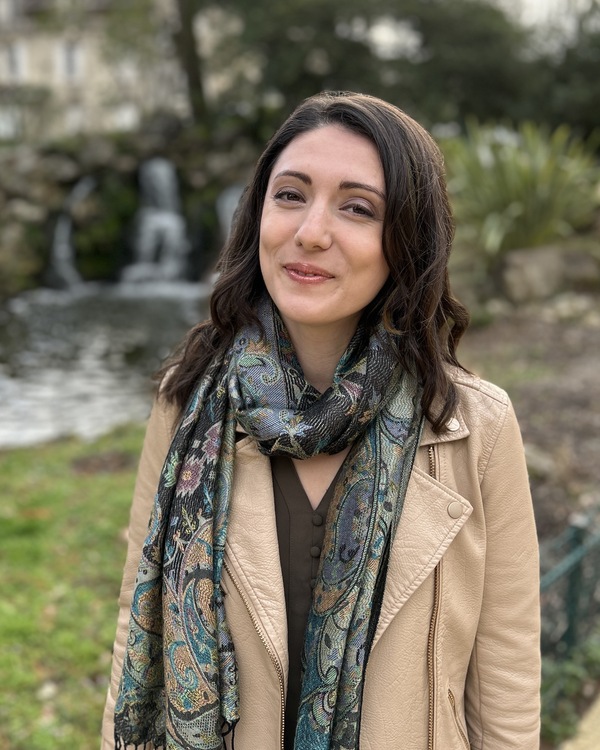Mary A. Shiraef

Fields of Study: Comparative Politics, Political Theory
Mary Shiraef is a Ph.D. Candidate in political science. She specializes in comparative authoritarianism, national identity politics, and post communism. Her work examines identity transmission, with a focus on collective memory, immigration, and sites of memorialization during and after periods of communist, authoritarian rule. Shiraef's PhD dissertation to address two lines of research: (1) how are minority identities transformed under authoritarian institutions and (2) under which conditions are they linked to lasting political beliefs and behaviors? With support from the National Science Foundation (NSF)-funded American Political Science Association's Doctoral Dissertation Research Improvement Grant (APSA DDRIG), a Boren Fellowship, a Fulbright-Hays (DDRA), and several other awards, she uses original historical and contemporary data from those born in Albania or in northern Greece between 1800 to 2022.
Shiraef's research connects with post-Soviet legacy studies literature on identity as well as migration, diaspora, nationalism and authoritarianism literature.
Shiraef is also a recent contributor to #openscience efforts, having led an international team called the COVID Border Accountability Project (COBAP), which hand-coded an original dataset of border policies introduced in response to the COVID-19 pandemic. COBAP covered 200+ countries and associated island territories and was published in the Nature Portfolio journal Scientific Data. The second study she led using the data yielded no evidence that 2020 international border closures curbed the spread of COVID, published in Scientific Reports also in Nature. A third ongoing COBAP study, co-led with Paul Friesen, examines the political motivations of pandemic border closures. Mary's COBAP research has contributed to public policy debates through features in several major news outlets, such as the Atlantic, Healthline, the
Conversation , and the El Paso Times.